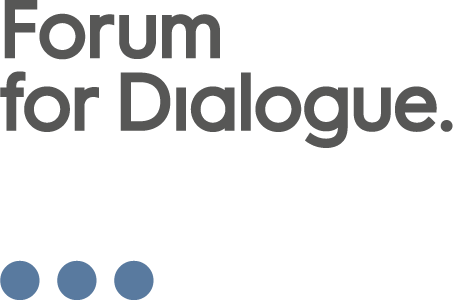The celebrations were organized between January 26 and 29, 2015, together with local authorities of participating towns: mayors of Rzeszów, Krosno, Jarosław, Lubaczów and Kolbuszowa, County Offices of Jarosław and Lubaczów, Rzeszów’s Archdiocese Curia, Stanisław Pigoń State College of Krosno, Rzeszów chapter of the Institute of National Remembrance, Foundation for Preservation of Jewish Heritage in Poland, Podkarpackie Department of Education, Podkarpackie Center for Educating Teachers, as well as museums, libraries, associations and schools from the aforementioned towns. Five towns from the region contributed to the event’s organization, namely Rzeszów, Jarosław, Krosno, Lubaczów and Kolbuszowa. The celebrations accompanied events presenting Jewish history and culture; these included unveiling of a plaque commemorating Krosno Jews, prayers at Jewish ceremonies, meetings with Holocaust survivors and their families, public readings of survivor testimonies by local youth, film screenings, lectures, exhibitions and performances of Jewish music. On January 26 in Krosno, victims of the Holocaust were commemorated at the local Jewish cemetery, and a memorial plaque for local Jews was unveiled on the site of the town’s ghetto. In the course of meetings in Podkarpacie Museum and the Museum of Crafts, Jews with roots in Krosno shared their memories, dr Elżbieta Rącza delivered a lecture on Poles saving Jews in Krosno and the region, while local youth read testimonies of Holocaust survivors. On January 27th, the Holocaust Remembrance Day, commemorative celebrations were held for Rzeszów’s Jews at the local Jewish cemetery, while testimonies of survivors and their families were presented at the University of Rzeszów. The university also hosted a book launch for dr hab. Elżbieta Rącza’s Holocaust in Krakow District Between 1939 and 1945 (“Zagłada Żydów w dystrykcie krakowskim w latach 1939-1945″) and a lecture of dr Grzegorz Berendt entitled “Institutional Plunder: Jews in the Operations of the Occupation Authorities in Polesie Region between 1939 and 1943”. As each year, the highlight of the program was a religious service in Rzeszów’s main church, referencing the Day of Judaism in Catholic Church. The service was coupled with public reading of names of Poles from Rzeszów area who had been murdered for rescuing Jews and the Jews that had been killed with them.
Wacław Wierzbieniec
Rzeszów




